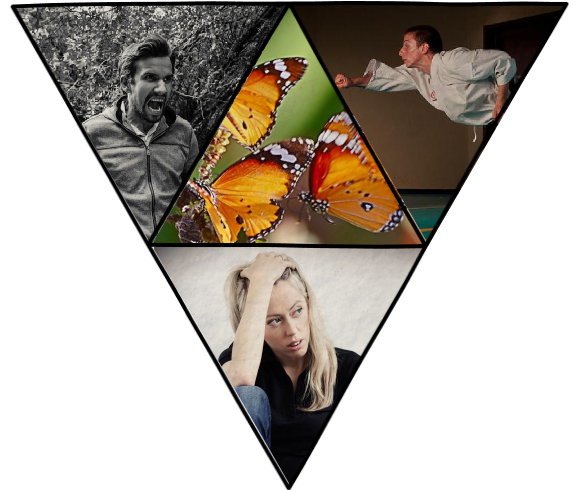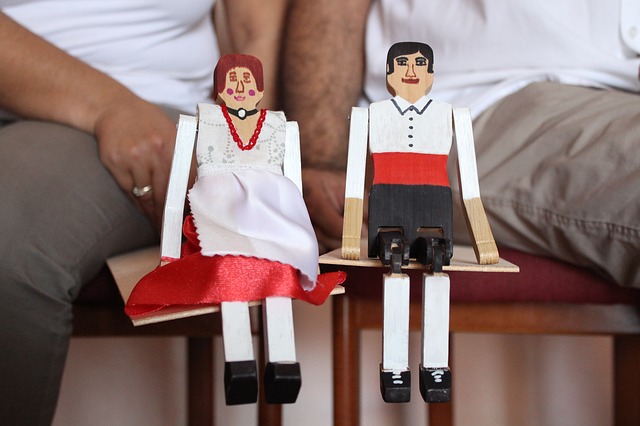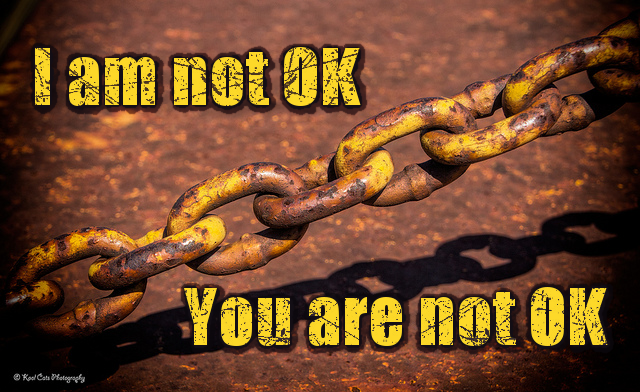
What does it really mean to be “OK”? Is there a formula that we need to follow to in order to be okay? When are we okay? Is it when we feel loved and respected, or when we feel someone needs us and that make us feel important? Is happiness something to fight for or it is something that comes to us when we’re done the battle with ourselves?
To sum it up – each of us is either predominantly OK with life and how it’s progressing, or not. I think you might be able to guess which is better. Victors live out a very clear “I’m OK and you’re OK” life script, while both Visitors and Victims live out a predominantly “I’m not OK, you’re not OK” life script.
Let’s look at this from the perspective of the Survivor’s Triangle.
The Aggressor
Aggressors are the bullies of...
Read More
















